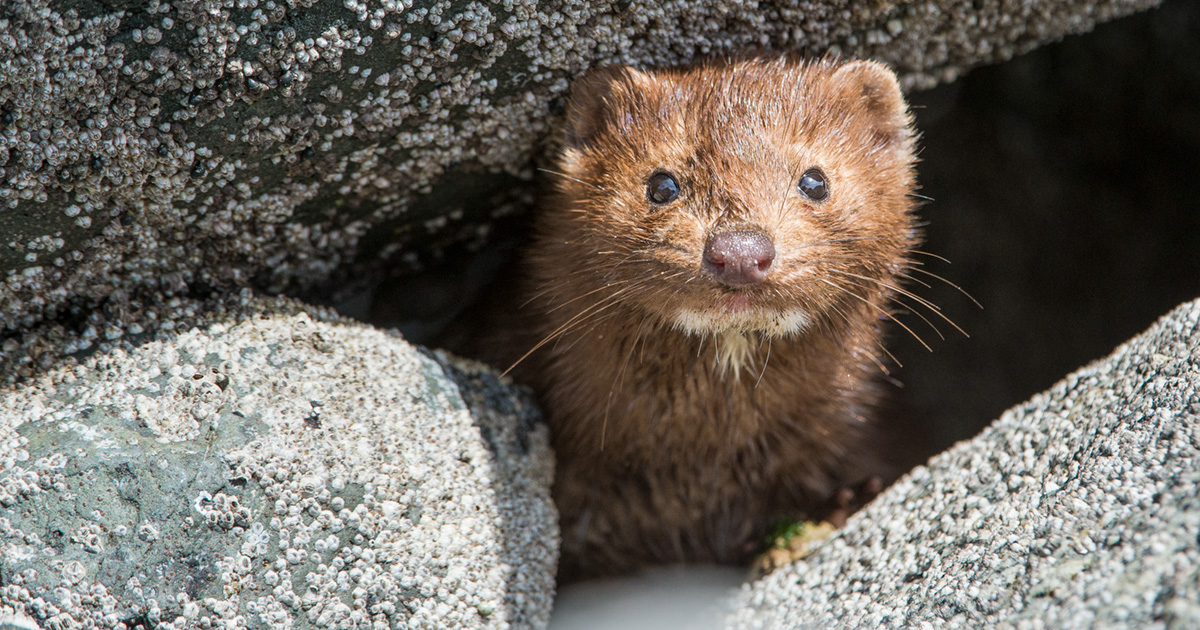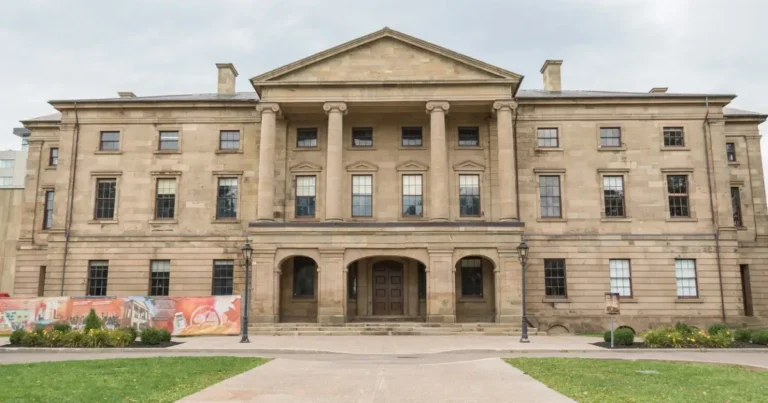
The health and safety of BC residents continues to be put at risk as the Ministry of Agriculture announces that multiple mink tested positive on a fur farm for the pandemic virus.
In the news release, the government states that four mink escaped their enclosures on a farm, and two of them tested positive for SARS-CoV-2. A single mink with COVID-19 running freely on a mink farm could pass the virus to numerous wild species (including feral cats and birds known to frequent fur farms) and shows biosecurity measures have failed, again.
The Fur-Bearers, a non-partisan, charitable wildlife protection organization, is calling on the province to immediately take action to end fur farming as the threat to public health and wildlife continues to grow.
“This is a great first step, in that the province has now put in place restrictions to prevent more mink from being bred on existing farms and a moratorium on new mink farms,” says Michael Howie, Director of Communications and Advocacy at The Fur-Bearers. “However, the spread of COVID-19 on mink farms and to wildlife is not limited to mink; it is also a concern for chinchilla and other potential future fur farms in the province, which could include several species. The only reasonable step at this time to protect public health and all wildlife in the province is to end fur farming.”
In January 2021, the World Health Organization conducted a risk assessment that identified Canada as having a “very likely” likelihood of introduction and spread of SARS-CoV-2 within fur farms, and a “likely” likelihood of transmission of the SARS-CoV-2 virus from fur farms to susceptible wildlife populations.
There is no significant social or economic benefit to fur farming in British Columbia, and the industry has received more than $6 million in AgriStability payments in the last several years. The public costs related to monitoring farms and testing is not currently known.
In the provincial order, provincial health officer of BC Bonnie Henry wrote, “mink farming is a health hazard as it is an activity which endangers or is likely to endanger public health.”
It is time for the elected officials in British Columbia to recognize that fur farms pose ongoing risks to public health, and with 85 percent of residents opposing killing animals for their fur, the only solution is to end fur farming.
Read the full news release and health order by clicking here.
